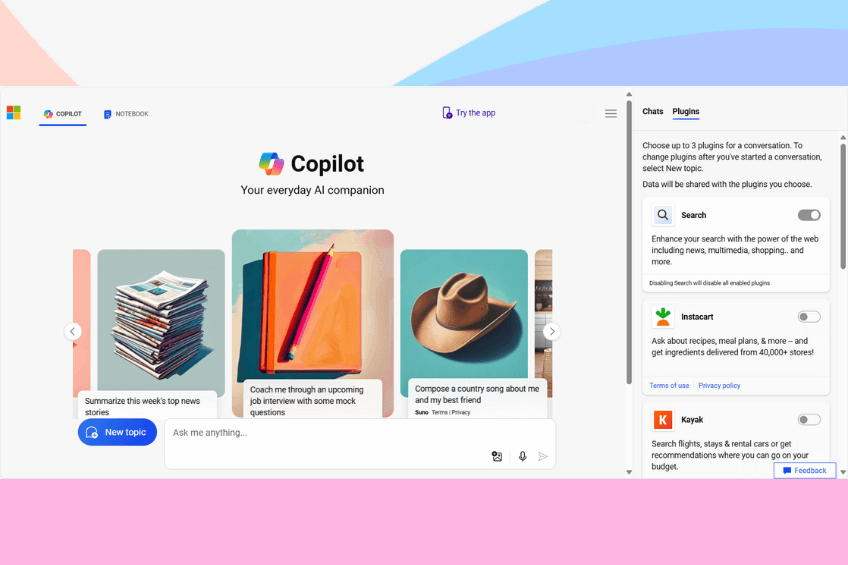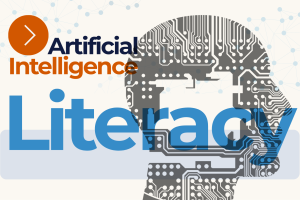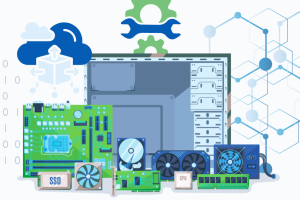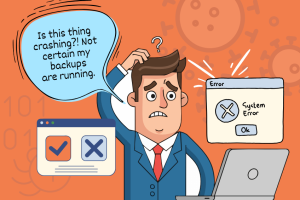In today’s fast-paced digital world, staying productive and managing tasks efficiently is more important than ever. Enter Microsoft Copilot, an AI-driven assistant designed to revolutionize the way we interact with Microsoft 365 applications. Whether you are drafting a report in Word, analyzing Excel data, creating PowerPoint presentations, or managing your emails and schedule in Outlook, Microsoft Copilot is seamlessly integrated into the Microsoft 365 suite.
By understanding the context of your work, Copilot offers relevant suggestions and automates repetitive tasks, freeing up time for more critical activities. Microsoft Copilot represents a significant advancement in AI-driven personal assistance, transforming how users interact with Microsoft applications. By providing intelligent, context-aware support, Copilot boosts productivity and enhances the overall user experience, making it a valuable asset in the digital workspace.
As AI technology continues to evolve, Microsoft Copilot is expected to incorporate more advanced features, including deeper integration with third-party applications, enhanced real-time collaboration tools, and more sophisticated AI-driven insights. Copilot’s continuous development and refinement will likely cement its role as an indispensable tool in both personal and professional settings.
By understanding the context of your work, Copilot offers relevant suggestions and automates repetitive tasks, freeing up time for more critical activities. Microsoft Copilot represents a significant advancement in AI-driven personal assistance, transforming how users interact with Microsoft applications. By providing intelligent, context-aware support, Copilot boosts productivity and enhances the overall user experience, making it a valuable asset in the digital workspace.
As AI technology continues to evolve, Microsoft Copilot is expected to incorporate more advanced features, including deeper integration with third-party applications, enhanced real-time collaboration tools, and more sophisticated AI-driven insights. Copilot’s continuous development and refinement will likely cement its role as an indispensable tool in both personal and professional settings.
Sending Encrypted Emails Using Gmail and Outlook
Keeping emails safe through encryption plays a key role in online security. It helps keep private info out of the wrong hands and guards against cyber attacks.
Emails play a key role in how companies interact, and keeping private data safe is a must. Sensitive information is often sent such as bank information and passwords in plain text. Messages without encryption are easy targets and a compromise can be detrimental to the operations of a business and monetary loss.
What does encrypted emails do for business communication?
Prevents Unauthorized Access
Encrypting email content ensures data breaches and thwarting cybercriminals from exploiting vulnerabilities in the digital environment.
Keeps Sensitive Data Safe
Email encryption turns sensitive info into unreadable code. This keeps it private and safe while it travels, which is crucial for companies.
Compliance with Regulatory Requirements
Businesses must comply with stringent data protection regulations, such as GDPR and HIPAA, by adopting email encryption to safeguard customer and employee information, reducing regulatory penalties.
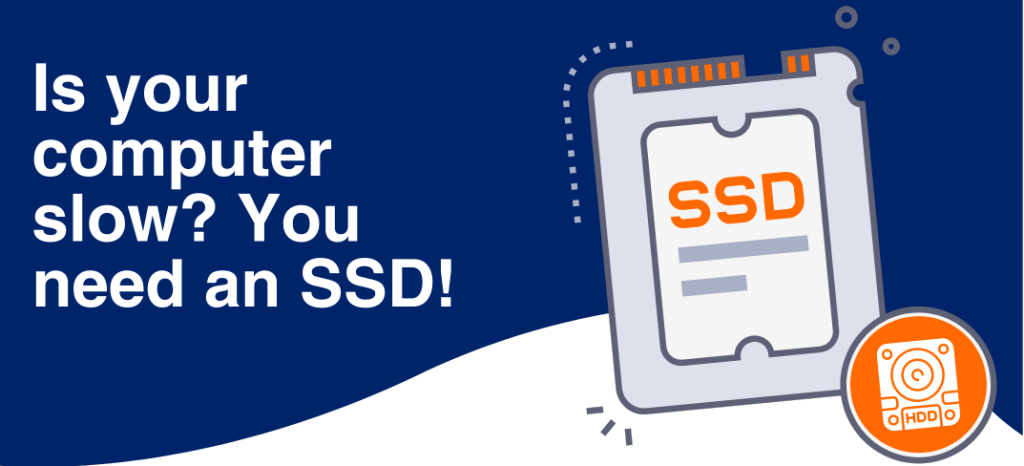
Information is stored on a hard drive inside a computer. There are two main types of hard drives that you can get, a traditional hard drive or a solid state drive (SSD).
SSD vs. HDD: The Showdown
Hard Disk Drives (HDDs) is a mechanical device that stores data on metal platters that spin at a high rate. The more expensive the drive, the faster it spins, increasing its performance. However, the mechanical nature of a hard drive limits its performance and makes failure inevitable. The question with an HDD is when it will fail.
Solid-State Drives (SSDs) have become more popular due to their superior performance. SSDs have no moving parts, storing data directly to flash memory. They outperform HDDs by being 160% faster than average HDDs. This technology also offers more reliability than traditional hard drives, making them a more reliable choice for users. Overall, SSDs offer a more efficient and reliable alternative to traditional hard drives.
Solid-State Drives (SSDs) have become more popular due to their superior performance. SSDs have no moving parts, storing data directly to flash memory. They outperform HDDs by being 160% faster than average HDDs. This technology also offers more reliability than traditional hard drives, making them a more reliable choice for users. Overall, SSDs offer a more efficient and reliable alternative to traditional hard drives.
Your Choice When Purchasing a New Computer
Standard hard drives are still sold in computers and while they are less expensive, it is worth investing a little more for the performance of SSDs.
